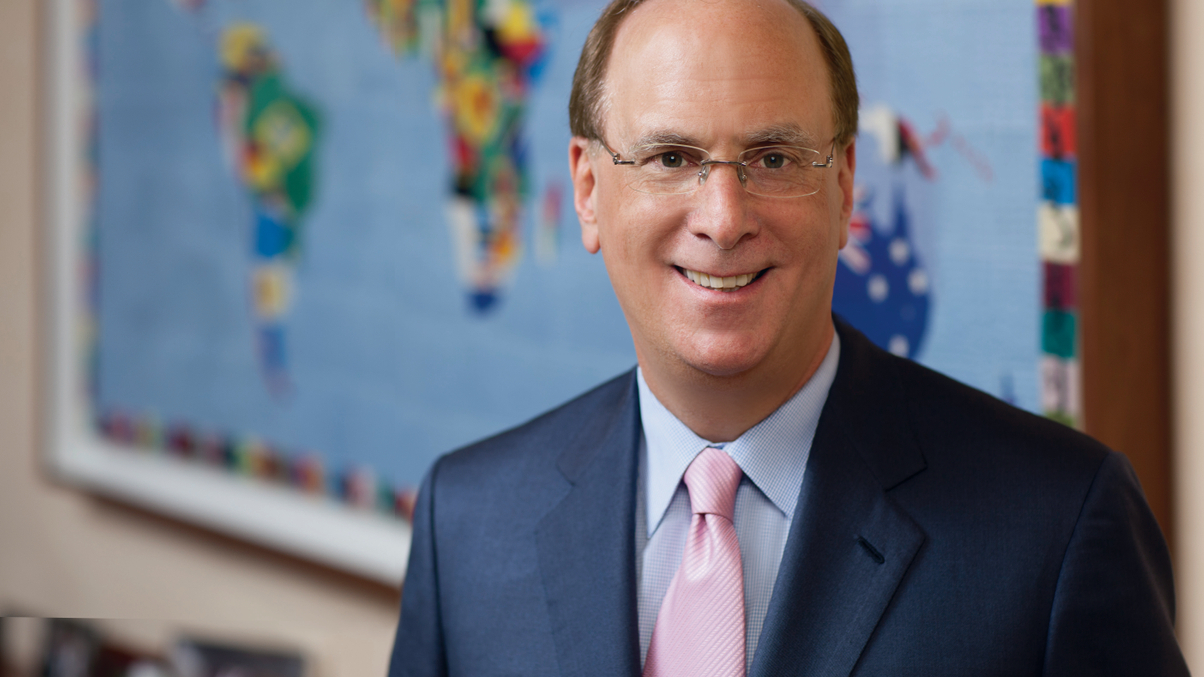BlackRock's Fink points to post-crisis allocations
Noting the great rotation has not even started yet, BlackRock CEO Laurence Fink urges investors to get out of bonds, with the firm having seen inflows of $21 billion into ETFs already this year.

Sign in to read on!
Registered users get 2 free articles in 30 days.
Subscribers have full unlimited access to AsianInvestor
Not signed up? New users get 2 free articles per month, plus a 7-day unlimited free trial.
¬ Haymarket Media Limited. All rights reserved.


